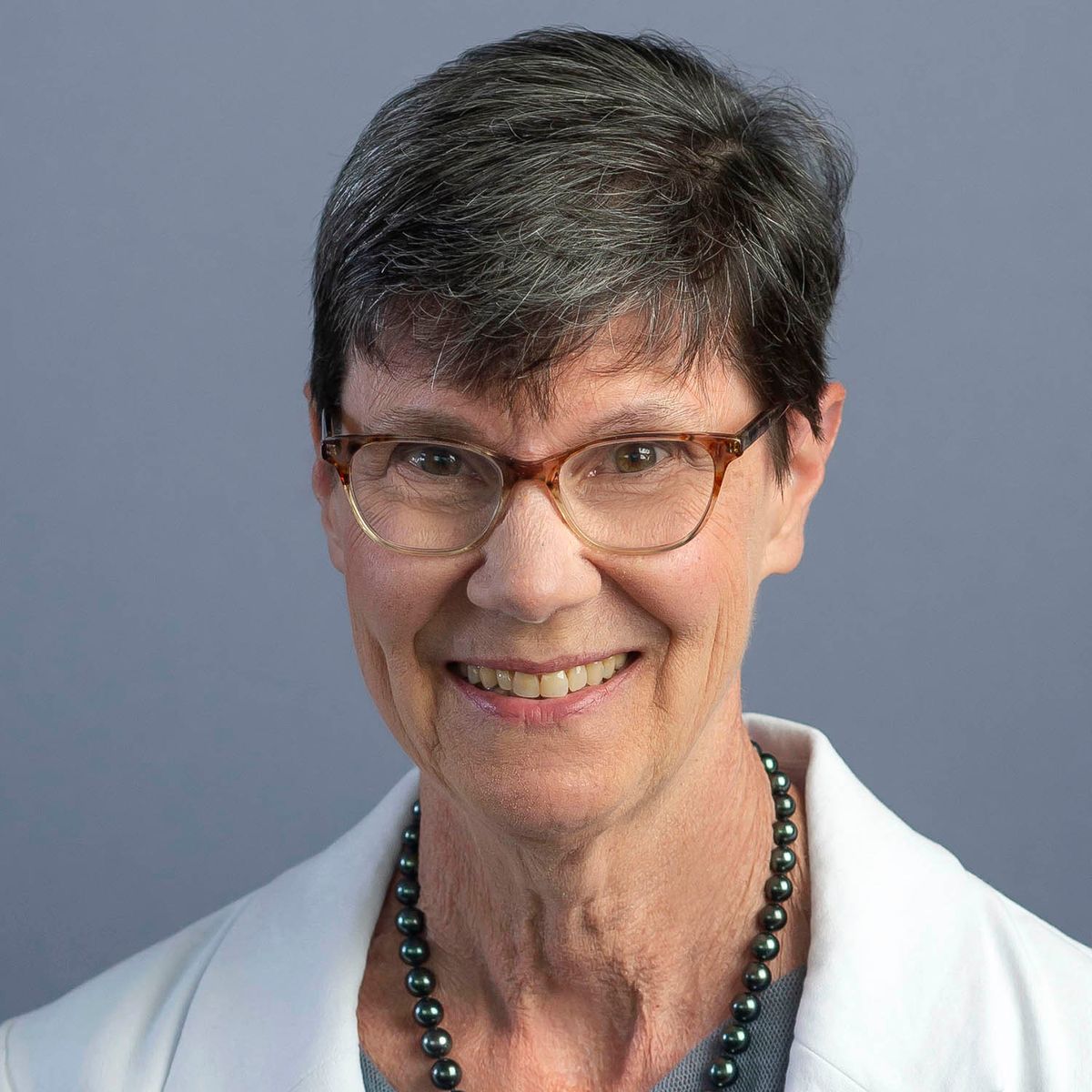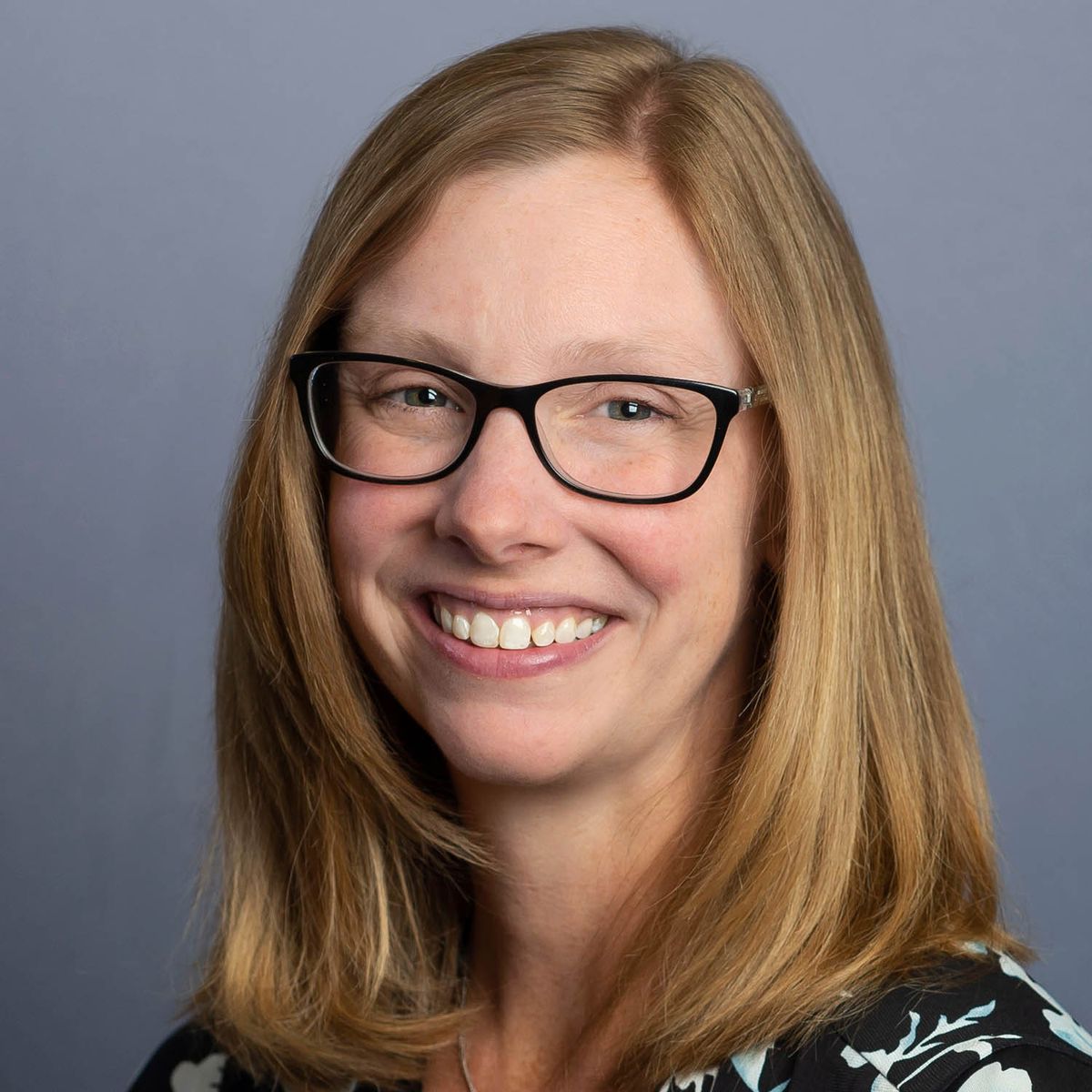Using Artificial Intelligence To Uncover the Path to Health Restoration
April 7, 2021
We are so pleased to share that the National Center for Complementary and Integrative Health (NCCIH) is co-leading a new trans–National Institutes of Health (NIH) initiative, the NIH Common Fund’s Bridge to Artificial Intelligence (Bridge2AI) program, an endeavor that brings exciting new opportunities for researchers in the complementary and integrative health community.
NIH Bridge2AI is designed to leverage the power of artificial intelligence (AI) and machine learning (ML) in biomedical research. The genesis of the program was driven by the convergence of two powerful factors. First, from wearables capturing our heart rates and sleeping patterns to electronic health records capturing data from everyday health care encounters, more data about the biology and health of people are available than ever before. Second, significant leaps in cloud computing, AI, and ML mean that the potential to draw useful insights from enormous datasets has grown exponentially.
In short, by building deeper connections between the fields of computer science and biomedical research, we can better define, build, and leverage robust, multidimensional datasets to answer pressing health research questions.
Applying AI to Whole Person Health Research
Among those research questions is one that is essential in NCCIH’s work to deepen our understanding of whole person health: How does a less healthy person return to health? Take, for example, a healthy, moderately active person who becomes sedentary and, over the course of a year, gains weight and experiences increases in blood pressure, blood sugar, and lipids—as has likely happened to many during the COVID-19 pandemic. Does a year of healthier eating and exercise return that person to their original state of good health? How does salutogenesis—the process by which individuals move from a less healthy to a healthier state—work? While pathogenesis is extensively studied, salutogenesis is poorly understood and understudied. Is salutogenesis simply pathogenesis in reverse? Are there other mechanisms at play? If so, how can we promote them? Currently, these questions do not have answers.
Developing a better understanding of salutogenesis will involve many challenges, but the Bridge2AI program establishes a critical component for success—interdisciplinary collaboration. By bringing together experts from different fields at the outset, technological expertise can be married with the unique perspectives of complementary and integrative health researchers who understand the questions that need to be answered to effectively explore the bidirectional continuum of health.
This interdisciplinary model will help achieve the program’s core objective of defining and generating multilevel datasets most relevant to research questions and most amenable to machine learning. By bringing novel and transformative analytical methods to complementary and integrative health research, this unique collaboration could change the shape of the community’s work.
Bridge2AI Events and Resources
We’ll join our NCCIH colleague Emmeline Edwards, Ph.D., Director of our Division of Extramural Research, during a session devoted to the Bridge2AI initiative at the upcoming virtual Integrative Medicine & Health Symposium, to be held April 11–13. During our session on April 13 at 10 a.m. ET, we will discuss the concepts to better understand the underlying pathways of salutogenesis using AI/ML. For those unable to attend this forum, we will post the session on YouTube for all to view.
We hope that you are intrigued and will consider how your expertise would be useful to an interdisciplinary team of researchers exploring the application of AI/ML to whole person health.
Please visit the Bridge2AI website and subscribe to the Bridge2AI listserv for future funding announcements and other updates.


Comments
Comments are now closed for this post.